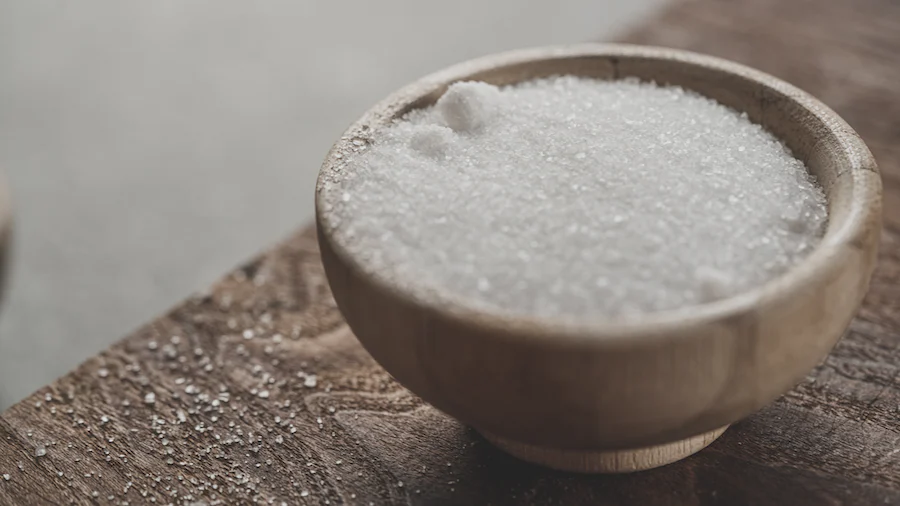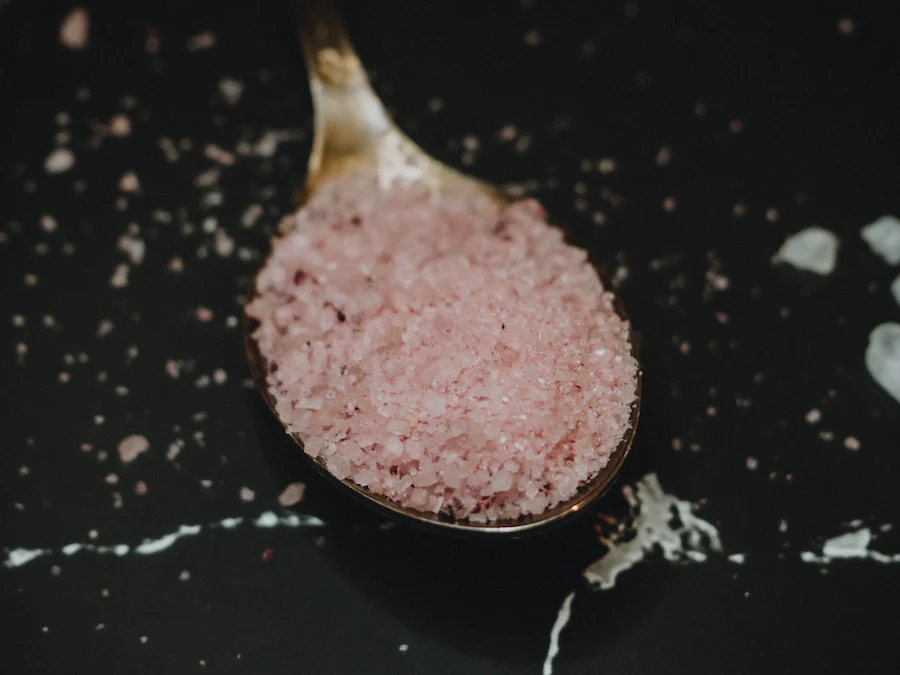Salt, or sodium chloride, is a common ingredient that enhances the flavour of our meals. However, excessive salt intake is linked to various health conditions, including high blood pressure, heart disease, stroke, kidney disease, and even stomach cancer and osteoporosis. The danger lies not just in the salt shaker on our dining tables, but more so in the hidden salt present in processed and packaged foods.

Processed foods are the primary source of hidden salt in our diets. Around 75% of the salt we consume comes from processed foods. Even foods that don’t taste salty can be high in sodium.
Some common sources of hidden salt in processed foods include:
- Frozen Meals: Frozen dinners and entrees can be high in sodium, even if they don’t taste salty.
- Canned or Pickled Foods: Canned soups, stews, and pickled vegetables are often loaded with sodium.
- Snack Foods: Items like chips, pretzels, and crackers can contain significant amounts of hidden salt.
- Deli Meats: Cold cuts and cured meats are known for their high sodium content.
- Cheese: Cheese, especially processed and hard varieties, can be a surprising source of hidden salt.
- Condiments and Sauces: Barbecue sauce, soy sauce, ketchup, and other condiments can be high in sodium.
- Bread and Baked Goods: Some bread, as well as baked goods like biscuits and muffins, can contain hidden salt.
- Packaged Starchy Foods: Items like seasoned pasta, rice, stuffing, and instant meals often have high sodium content.
- Snacks: Salted chips, popcorn, and pretzels are common sources of hidden salt.
- Seasonings and Mixes: Seasoning blends, bouillon, and instant mixes for various dishes can be high in sodium.
Some health risks associated with consuming too much sodium include:
- High Blood Pressure: Excess sodium intake is linked to high blood pressure, which increases the risk of heart disease, stroke, and heart failure.
- Cardiovascular Diseases: High blood pressure, in turn, can lead to an increased risk of heart disease, heart attack, and stroke.
- Kidney Disease: Too much sodium can put a strain on the kidneys and is associated with an increased risk of kidney disease and kidney stones.
- Osteoporosis: High sodium intake may lead to calcium losses from the bones, which can contribute to the development of osteoporosis.
- Other Health Issues: Excessive sodium consumption has also been linked to enlarged heart muscle, headaches, stomach cancer, and water retention, which can cause puffiness and bloating.



